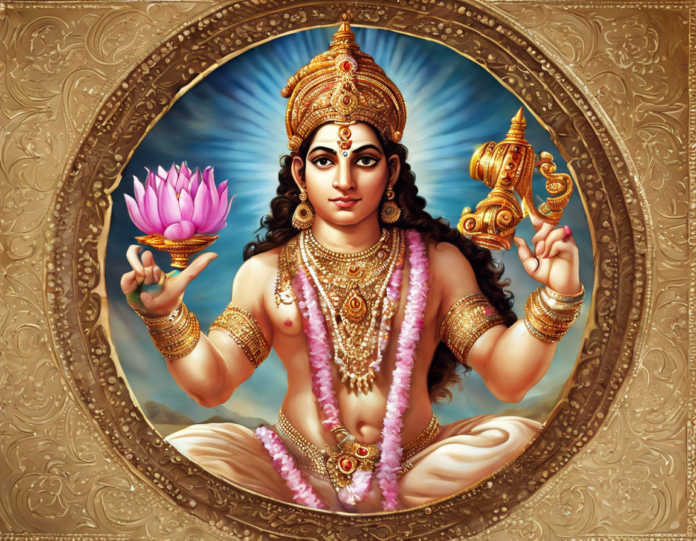Introduction
In Hindi, the term “Vedavid” holds great significance and depth within the realm of spirituality and Vedic knowledge. Understanding the meaning and implications of this term requires delving into the rich tapestry of ancient Indian philosophy, particularly the Vedas, which are the foundational texts of Hinduism. In this article, we will explore the various dimensions of Vedavid – from its literal translation to its metaphorical connotations and practical implications in the modern world.
What is Vedavid?
The term Vedavid can be broken down into two components: “Veda” and “vid.” In Hindi, Veda refers to the ancient scriptures of India, which are revered as the oldest sacred texts in Hinduism. These texts encompass a wide range of knowledge, including hymns, rituals, philosophy, and spiritual teachings. The Vedas are considered divine revelations and are believed to contain eternal truths that have been passed down through generations.
The suffix “vid” is derived from the Sanskrit word “vidwan,” which means a knowledgeable person or a scholar. Therefore, Vedavid can be understood as someone who is well-versed in the Vedas or a knower of the Vedas. This term is often used to describe individuals who have studied the Vedas extensively and possess a deep understanding of their teachings.
Significance of Being a Vedavid
In the traditional Indian context, being a Vedavid is considered a great honor and a mark of spiritual attainment. It signifies not only intellectual prowess but also a profound connection to the divine wisdom contained in the Vedas. Vedavids are respected for their ability to interpret the Vedic texts, perform rituals with precision, and guide others on the spiritual path.
Roles of a Vedavid
-
Interpreter of the Vedas: A Vedavid is tasked with unraveling the intricate meanings embedded in the Vedic hymns and scriptures. They are responsible for translating the ancient texts into a language that can be understood by contemporary audiences.
-
Custodian of Traditions: Vedavids play a crucial role in preserving the rituals, customs, and traditions outlined in the Vedas. They ensure that the sacred knowledge is passed down accurately from one generation to the next.
-
Spiritual Guide: As experts in Vedic philosophy, Vedavids serve as spiritual guides for those seeking enlightenment and wisdom. They offer counsel, conduct ceremonies, and provide insights into the spiritual teachings of the Vedas.
Relevance of Vedavid in Modern Times
While the title of Vedavid carries deep historical and cultural significance, its relevance in modern times is often questioned. In today’s fast-paced world, where scientific rationality often supersedes traditional beliefs, the role of the Vedavid may appear antiquated to some. However, the essence of Vedavid goes beyond mere scholarly knowledge; it encompasses a holistic understanding of life, nature, and the cosmos.
FAQs:
- What are the four Vedas in Hinduism?
-
The four Vedas in Hinduism are Rigveda, Yajurveda, Samaveda, and Atharvaveda. Each Veda consists of various hymns, rituals, and philosophical teachings.
-
Can anyone become a Vedavid?
-
Traditionally, becoming a Vedavid required years of rigorous training, dedication, and initiation into the Vedic traditions. While anyone can study the Vedas in a scholarly context, achieving the status of a true Vedavid is a lifelong journey.
-
What is the significance of Vedic knowledge in the modern world?
-
Vedic knowledge offers timeless wisdom and insights into the nature of existence, human consciousness, and spiritual growth. In today’s world, where stress, materialism, and existential questions abound, the teachings of the Vedas can provide solace and guidance.
-
Are there any female Vedavids?
-
While the traditional Vedic system has predominantly been patriarchal, there have been instances of female scholars and practitioners who have delved into the Vedic texts. In recent times, there is a growing recognition of the role of women in interpreting and disseminating Vedic knowledge.
-
How can one learn more about the Vedas?
- There are various resources available for those interested in studying the Vedas. One can attend lectures, workshops, and seminars conducted by scholars, read translations of the Vedic texts, or seek guidance from experts in the field of Vedic studies.
